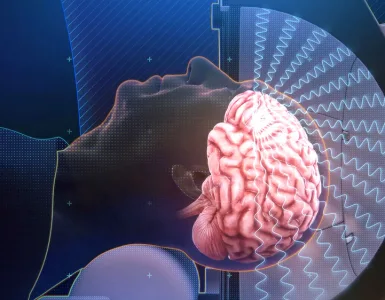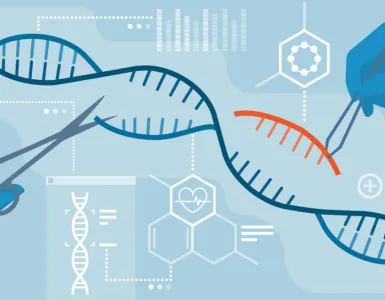Peripartum Cardiomyopathy (PPCM) is an uncommon condition identified as a weakness of heart muscles that starts during the last trimester of pregnancy through 5 months after delivery, causing heart failure. Researchers at Penn Medicine have found that genetic mutation, predisposes young, healthy women to PPCM. It affects 1/2000 deliveries worldwide. It’s one of the leading causes of Maternal Mortality in the USA.
A study done by Zolan P. Arany suggested that the genetic profile of PPCM patient is very similar to that of the patient of non-ischemic dilated cardiomyopathy (DCM) a disease of middle-aged men and women, also the predisposition to heart failure is a cardinal risk factor for PPCM, therefore the similar approach of DCM can be applicable.
Researchers at Penn identified approximately 470 females with PPCM, retrospectively and studied their phenotype landscape and clinical information, later they carried out next-generation sequencing on 67 genes. Sequencing included TTN (protein for controlling cardiac muscle contraction and blood pumping). Compared to 1.2% of the reference population, almost 10.4 % of patients showed shorted TTN gene variants. The pattern of over representation of shorted variants was also found in other genes, previously not linked to PPCM, but have an association with DCM. This discovery will help doctors to similar gene-specific therapies, testing, and counseling guidelines to that of DCM.
The study also emphasized the significance of genetic screening and counseling for PPCM patients, which isn’t in practice commonly and should be given to the female family members of the patient, who are of child-bearing age. Furthermore, the change in care can be given to those patients who have identified genetic mutations by lowering the threshold for defibrillator use in a patient with high-risk variants and also by giving proper counseling to female family members thereby, reducing the risks of developing PPCM in them.
PPCM not only causes heart failure but can often lead to lifelong heart failure leading to death, about one-third of women develop heart failure for life and 5% die within a few years.
The work of researchers at Penn provides the first detailed genetic and phenotype landscape of Peripartum Cardiomyopathy and showed how it has similar implications with that of DCM (which is a relatively well-studied condition) and how their treatment can correlate. Further studies are needed to find out how pregnancy triggers PPCM in women with particular genetic predisposition because not every woman with variations in genes, develops PPCM during pregnancy.
Keywords:
Peripartum Cardiomyopathy (PPCM), Dilated Cardiomyopathy (DCM), Maternal mortality, heart failure.














Add comment